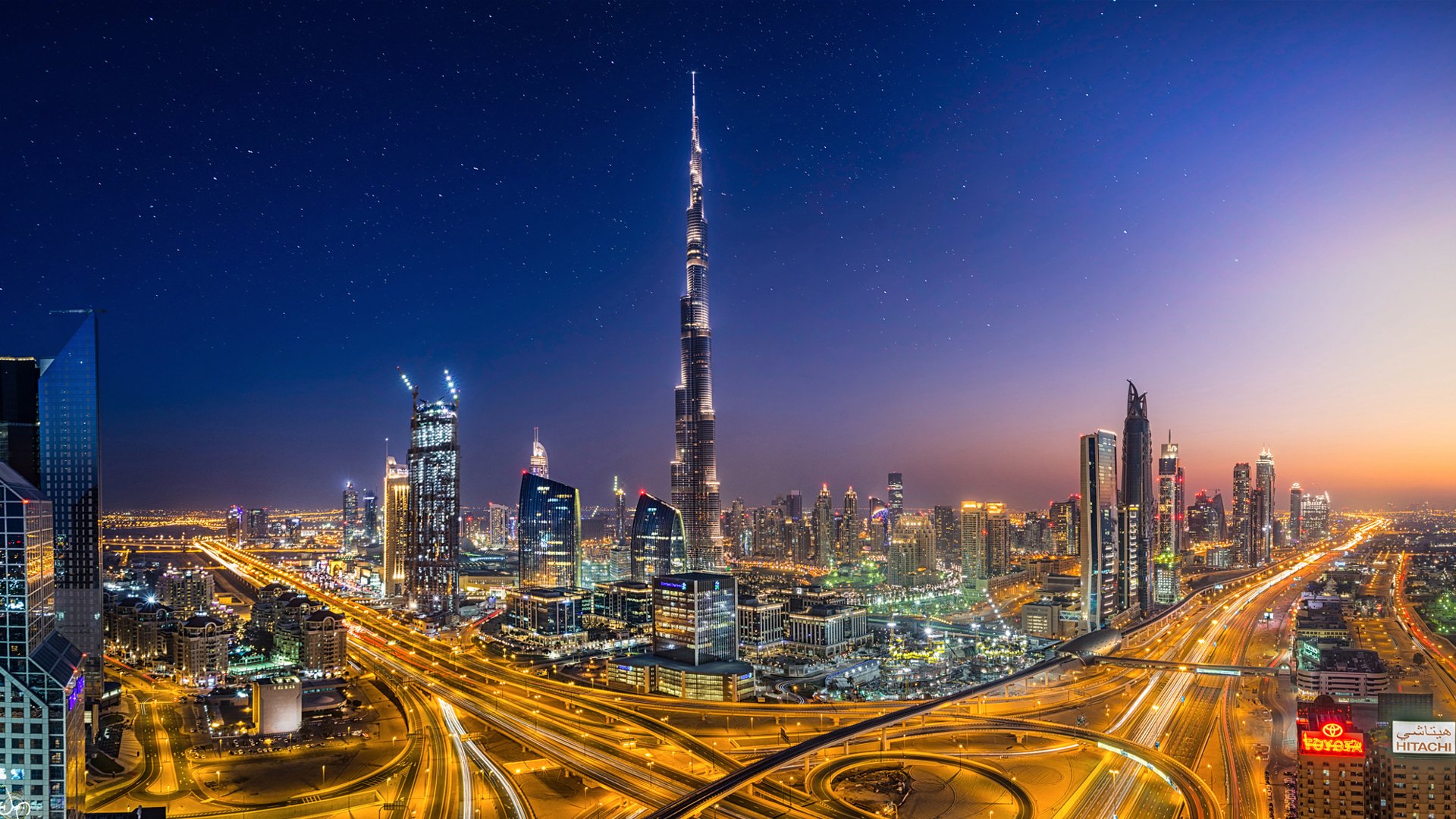

A General Trading License cost in Dubai is a highly sought-after license that allows a company to trade in a wide variety of goods. With a general trading license, your business can import, export, and sell diverse products (except for restricted items like pharmaceuticals, alcohol, weapons, etc., which require special permits). Entrepreneurs favor this license for ventures like retail shops, e-commerce stores, and import-export companies because of its flexibility in trading multiple product lines under one umbrella. If you're considering this option, one crucial question is: How much does a general trading license cost in Dubai?
The cost of a general trading license in Dubai can vary depending on whether you set up on the mainland or in a free zone, and on factors such as visa quotas and office space. For a Dubai mainland general trading license, the license issuance fee itself is roughly AED 12,500 to AED 15,000. In addition, mainland businesses incur some extra government fees: for example, a Dubai Economy (DED) license may involve a Knowledge Dirham & Innovation Dirham fee (~AED 320), a name reservation fee (~AED 620), and if it's a general trading activity, possibly a special activity fee (DED often charges around AED 15,000 for general trading as a category). All told, setting up a mainland general trading company including registration, license, and initial one-time fees commonly comes to about AED 25,000 – AED 30,000 in the first year. This typically covers the license, registration, initial immigration card, and sometimes a small office flexi-desk rental for the first year.
In Dubai free zones, the cost can be quite competitive as many free zones offer package deals. The license fee in a free zone for general trading might also start in the AED 12k range similar to mainland. Some free zones (like IFZA or others) have general trading packages starting around AED 9,000 – AED 15,000. These packages often include the license and a shared workspace or flexi-desk facility. The benefit in free zones is you don't pay the DED’s large general trading category fee, and you get tax exemptions. For instance, one source notes the total cost of a general trading license package in a Dubai free zone can be around AED 29,000 including visa eligibility and office, which is similar to mainland costs but with added benefits.
It’s important to remember that the license fee is not the only cost. Visa costs are separate: an investor visa issuance can be ~AED 3,000–5,000 (one-time), plus about AED 1,000–2,000 per visa for medical tests and Emirates ID. If you plan to hire staff, each employment visa might cost AED 3,000–7,000 including all processing. Office space is another factor: mainland companies must have a physical office – rents in Dubai vary, but a small office could be ~AED 20k/year (sometimes less in outer areas). Free zones often include a virtual office in packages, or you can upgrade to a physical office at additional cost. Other one-time costs during setup include preparing the Memorandum of Association (MOA) (~AED 1,000 notarization if needed), initial approval fees (~AED 120–500), and possibly a security deposit or local agent fee if applicable. All these mean the first-year setup has a larger outlay, while in subsequent years you mainly pay the renewal of the license (and rent) which is generally a bit less than initial costs.
On the mainland, you’ll need no local sponsor fee for general trading now (since 100% foreign ownership is allowed in this category), which saves cost compared to the past. You do have to budget for an office lease which can be a significant cost in Dubai. In free zones, you trade that off: you get a cheaper/smaller workspace and full ownership easily, but note that a free zone company cannot directly trade in the UAE mainland market without appointing a distributor or agent. Some free zones offer installment plans or multi-year license discounts which can reduce upfront cost. For example, a free zone might have a deal "General Trading license + 1 visa + flexi desk for AED 13,000". We stay updated on such offers and will help you choose the most cost-effective route for your needs.
The base cost typically includes the government fee for issuing the trade license under the "General Trading" activity. If you are setting up in a free zone, the package might also include the registration fee, initial incorporation fee, and use of a flexi-desk or shared office address. On the mainland, the license cost includes the DED license fee and often a one-time name reservation and initial approval fee. However, additional expenses like the office lease, visa fees, Emirates ID, medical test charges, and possibly attestation/notary charges for documents are not included in the basic license fee and need to be budgeted separately.
Yes, licenses in Dubai are issued for one year (in some free zones you can pay for 2-3 years upfront, but still they renew annually behind the scenes). You must renew the license each year by paying the renewal fee, which is usually similar to the license portion of your initial cost. For instance, if your license fee was AED 15,000 initially, expect a similar amount for renewal. Mainland renewals might also require renewing your lease and obtaining a Ejari (tenancy registration). Free zone renewals are straightforward if you’ve paid your facility rent. Also, keep in mind any sponsorship or establishment card renewals and visa renewals (every 2-3 years) if you have personnel on visas. We assist our clients with all renewal procedures to ensure you stay compliant.
Generally, the general trading license can be slightly more expensive than a specific trading license. Dubai’s DED, for example, charges an additional fee for general trading because it’s broad (often AED 15,000 extra on mainland as an special activity fee). Free zones sometimes price general trading licenses a bit higher than single-category trading licenses as well. However, the difference in cost comes with added flexibility – you can deal in multiple products under one license. If you only need to trade in one category (say, textiles or electronics), you could get a commercial trading license limited to that, which might cost a bit less. We can advise on whether you truly need the “general” category or if a specific license could save costs.
Yes, a few tips: 1) Opt for a free zone offering bundle deals – some give you a general trading license along with a visa quota and flexi-desk at competitive rates. 2) Use a flexi-desk office instead of renting a full office initially to save on rent. 3) If you don’t immediately need multiple visas, choose a package with zero or one visa quota; you can often upgrade later as you hire staff. 4) Take advantage of any promotional discounts – for example, occasionally during UAE National Day or other occasions, authorities or business setup firms have special offers. 5) Plan your business activity properly – if general trading is nice-to-have but not essential, a specific trading license could lower the fee. Our consultants always explore the most budget-friendly strategy for you without compromising your business needs.
A general trading license allows trade of most goods but not everything. You can deal in a variety of consumer goods, electronics, garments, etc., under one license. However, certain products are regulated and require additional approvals or separate licenses. For example, pharmaceuticals, medical devices, alcohol, tobacco, firearms, or automobiles have their own licensing requirements. Also, financial trading (stocks, forex) and services are outside the scope of this license. If your business intends to handle restricted commodities (like importing medical equipment or precious metals), let us know so we can obtain the necessary special approvals or advise a different license. Generally, though, for standard wholesale/retail of non-regulated goods, a general trading license is very comprehensive.
